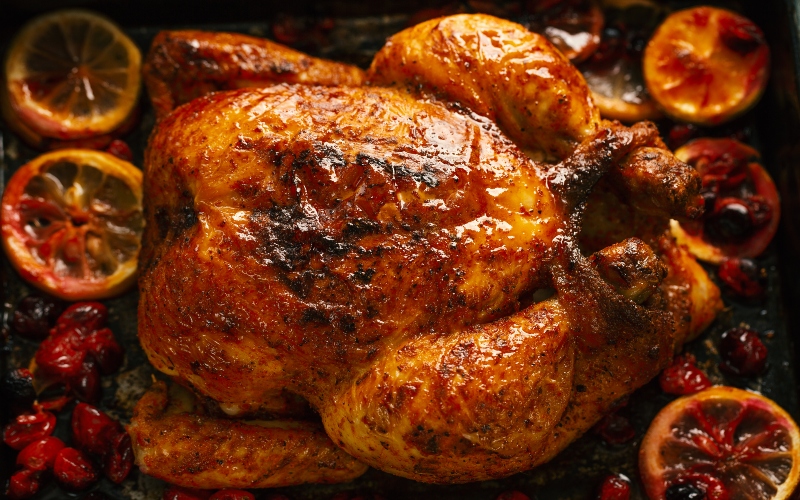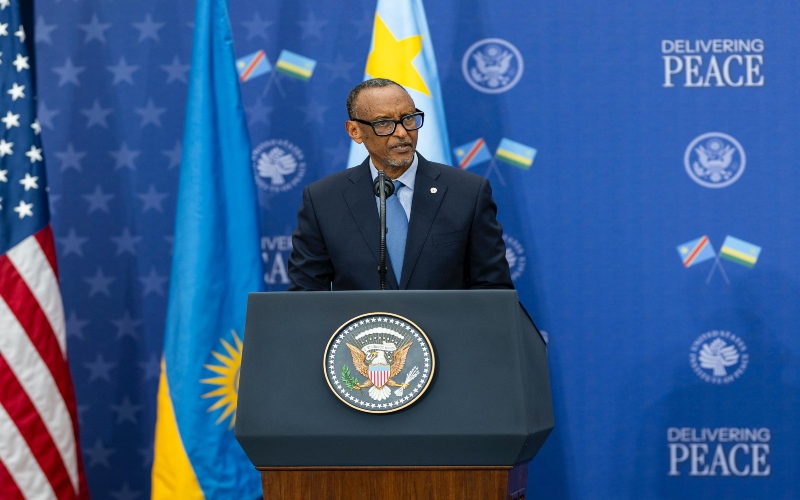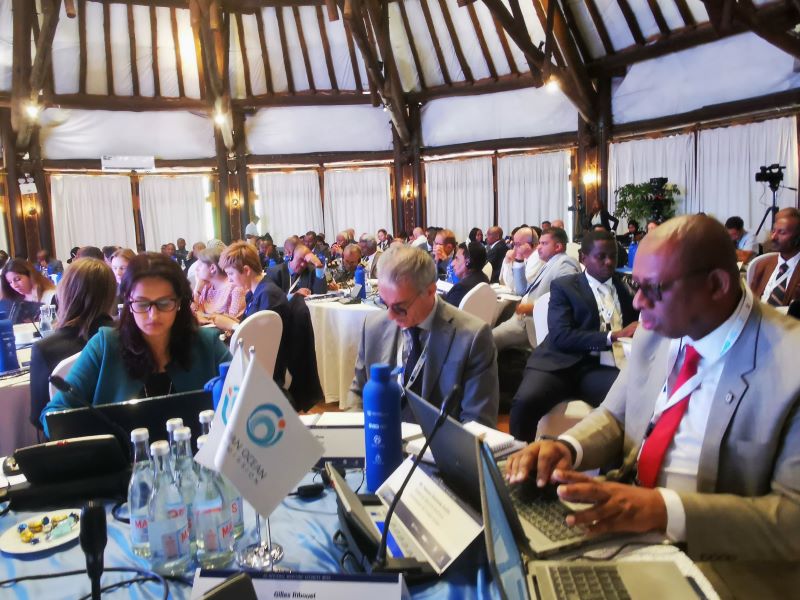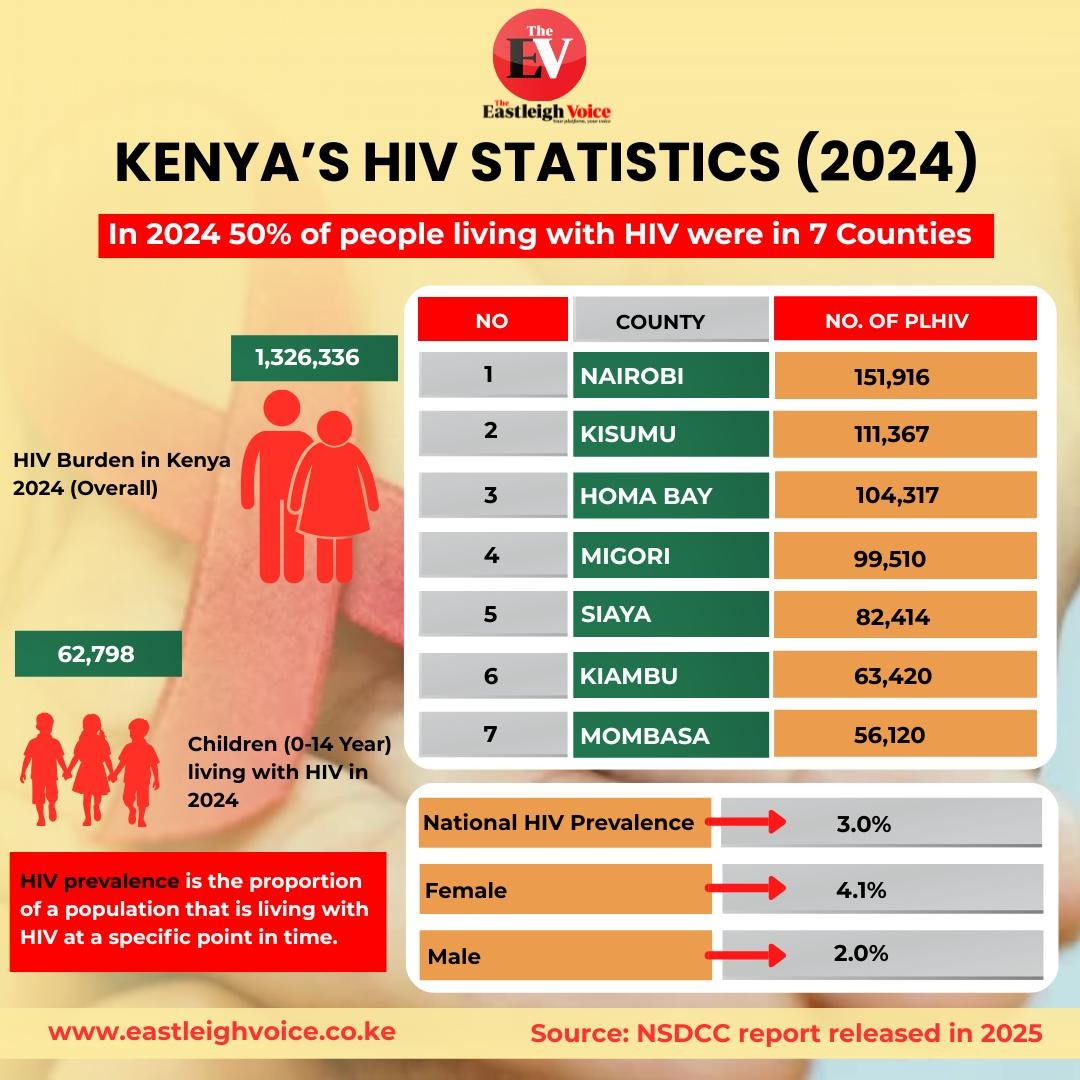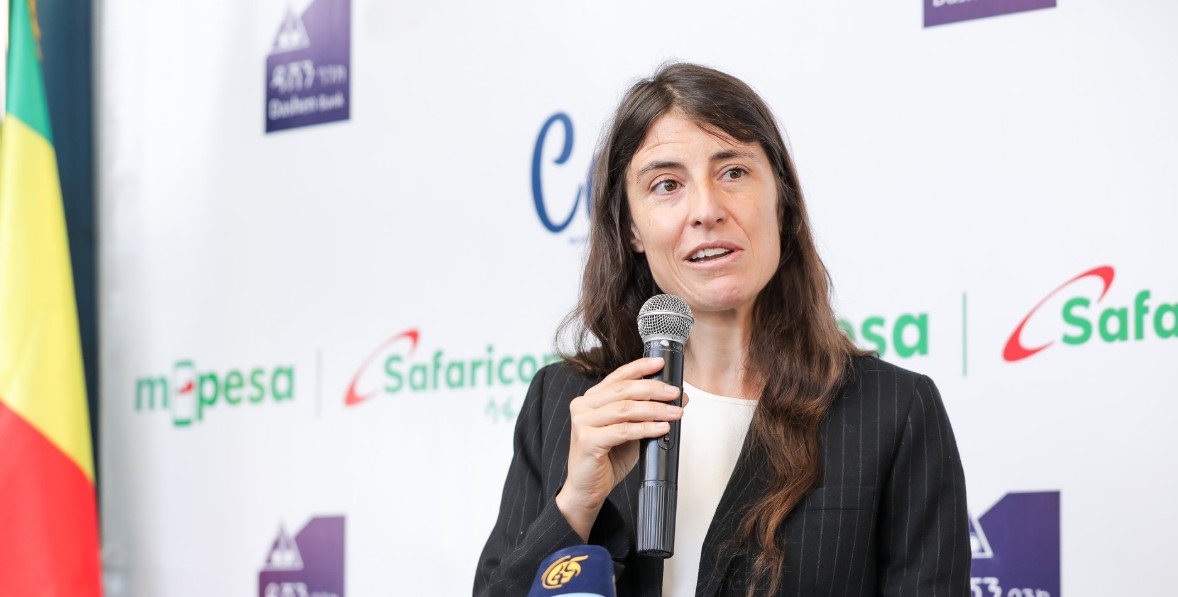Sh16bn edible oil deal sparks controversy over exclusive supplier selection
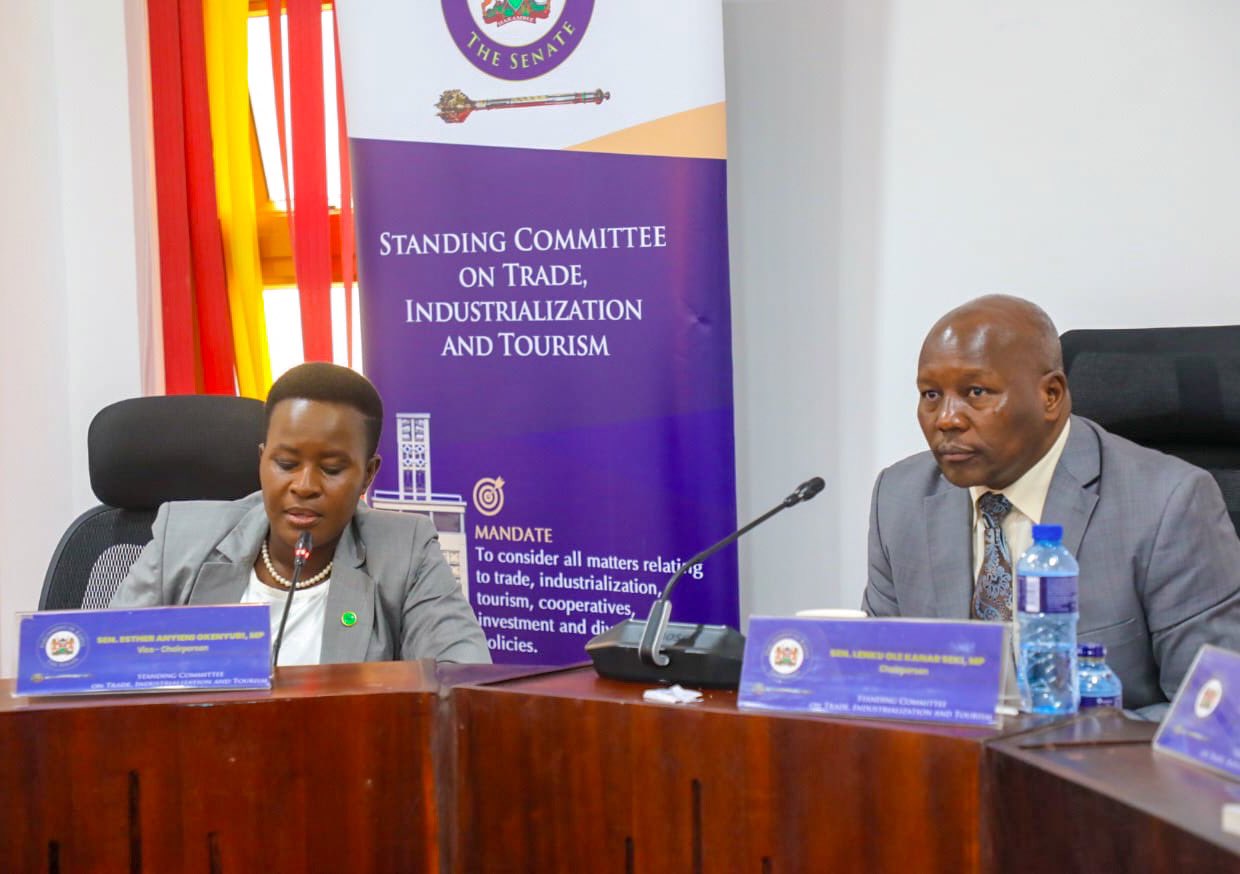
According to the auditor's report presented to Parliament on August 6, Sh9.3 billion of the Sh16 billion total was reportedly paid to firms hired by KNTC to assist the government in reducing cooking oil prices.
The Sh16 billion edible oil procurement deal has come under scrutiny after it was revealed that only three companies were selected to supply the commodity.
This selection was made using a specialised procurement method introduced by the Kenya National Trading Corporation (KNTC).
More To Read
- Trader sues to block duty-free rice imports over lack of public participation
- Edible oil scandal: Court allows DPP to withdraw case against ex-KNTC official
- High Court freezes Cabinet decision allowing importation of 500,000 tonnes of duty-free rice
- Audit reveals KNTC let Sh40.6 million worth of food rot amid poor oversight and overstocking
- Another official rejects President Ruto's state job appointment
- Senators allege meddling in Sh16.5 billion edible oils probe, demand transparency
Lucy Anangwe, KNTC Strategy General Manager, outlined the procurement process before the Senate Trade, Industrialisation, and Tourism Committee on Thursday.
The companies include Shehena Commodity, Charma Holdings, and Multi Commerce FZC.
The 'exclusive' method used by KNTC to choose just three suppliers for contracts has attracted controversy, raising questions about the transparency and fairness of the procurement process.
"Kenya National Trading Corporation has availed the list of suppliers who were given the contract and supplied as per the LC (letter of credit) agreement, I would like to inform this committee that the other suppliers from KNTC had their contracts revoked," Anangwe told the committee, chaired by Kajiado Senator Lenku Senki.
Anangwe was addressing a query from Uasin Gishu Senator Jackson Mandago, who inquired why KNTC provided the committee with a list of only three companies.
"The committee requested a full list of suppliers, but only three names were given. Why did KNTC not provide a complete list?" Mandago posed.
According to the auditor's report presented to Parliament on August 6, Sh9.3 billion of the Sh16 billion total was reportedly paid to firms hired by KNTC to assist the government in reducing cooking oil prices.
Anangwe explained to the committee that the procurement process for selecting these firms was managed by a specialised team within the project implementation unit.
She noted that the procurement method used was unconventional and differed from standard procedures.
"It is the project implementation unit, which was formed that found it proper to use a specially permitted procedure to procure the items," she added.
At the time of the procurement, Anangwe was the finance head at the state agency but was not involved in the committee responsible for the procurement process.
Busia Senator Okiya Omtatah raised concerns about the rationale behind KNTC's choice of firms for supplying such a large-scale commodity.
"What were the criteria for pre-qualification? Was due diligence carried out? At what point were these firms audited? How lawful was it to do what you did and how effective was it? Was due diligence carried out on these companies?" he posed.
At this point, Anangwe sought the committee's indulgence to provide a comprehensive response to the issues at a later date.
"From where I'm seated right now, it needs a detailed explanation. I would request the chair to allow KNTC to look into it and make a full submission to the committee," she said.
Ruth Kinyanjui, director of Charma Holdings, faced questioning from the panel shortly after her appearance, as they sought to determine if her firm was involved in inflating the prices of the commodity.
"There are cartels who hijacked the process and increased the prices by $9. Some companies were made to return the money to the government but others have not. Was your company one of them?" Marsabit Senator Mohamed Chute posed.
Kinyanjui denied being paid excess or asked to refund any amount to the state.
"Our company is not a cartel and we have not been asked to refund any money," she said.
However, she encountered difficulties when it was revealed that her company shares the same office building with Purma Holdings.
In addition, the committee directed both KNTC top management and the involved companies to return in two weeks for additional questioning.
The audit report indicated that the firms supplied 2.5 million jerrycans of 20 litres each, out of the 2.8 million ordered by the state agency.
Further, it was discovered that dishonest dealers had smuggled a batch of edible oils into the shipment to benefit from tax exemptions.
"It is therefore possible that Sh306 million may have been exempted for cooking oil, which was not part of the programme," Auditor General Nancy Gathungu says in her report.
Interestingly, KNTC lacks records of container numbers or the quantities of jerrycans delivered by the unidentified supplier.
The audit has raised concerns about the deal, noting that the products arrived late and failed to significantly impact oil prices.
When KNTC received the mandate in November 2022, the price of cooking oil was Sh344 per litre, dropping to Sh328 by December.
However, the first shipment from the contracted firms did not arrive until May 2023, by which time the price had already decreased to Sh319 per litre.
KNTC's peak sales occurred later in September and November 2023, with prices at Sh316 and Sh326 per litre, respectively.
"The analysis implies the cooking oil programme might not have had the required impact on the prices of cooking oil," Gathungu said in her report.
Top Stories Today
